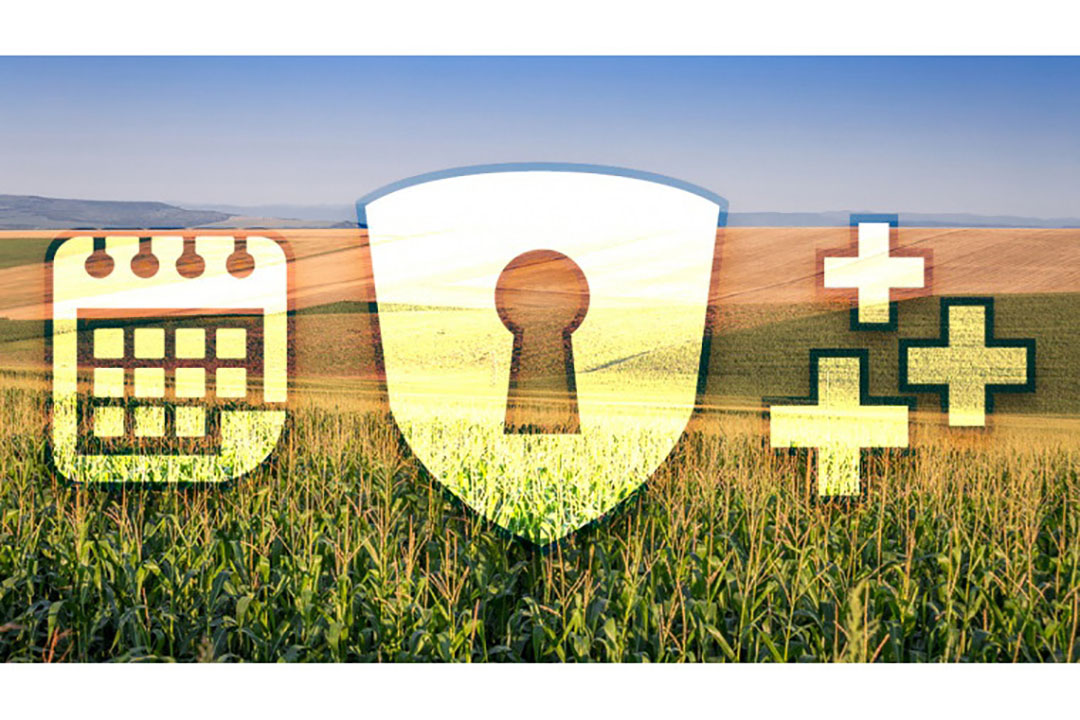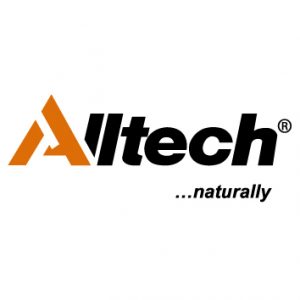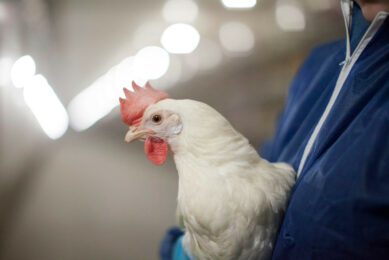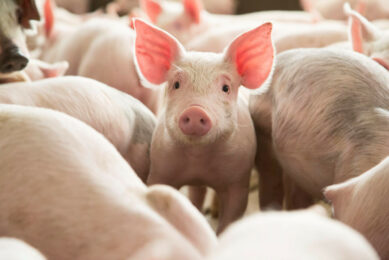7 tips for managing field mycotoxins

Moulds and mycotoxins can be detrimental to both crops and livestock feed. Toxin-producing moulds may invade plant material in the field before harvest, during post-harvest handling and storage, and during processing into food and feed products. Prevention through sound management practices is essential, since there are limited ways to completely overcome problems once mycotoxins are present.
Here are 7 tips for managing field mycotoxins:
 Understanding contamination: Plants are infected with mould and mycotoxins when spores of certain diseases are released and blown onto plants and soil. Spores can overwinter in the soil, leading to infection in the following years.
Understanding contamination: Plants are infected with mould and mycotoxins when spores of certain diseases are released and blown onto plants and soil. Spores can overwinter in the soil, leading to infection in the following years.
 Prevention: Three steps can aid in the prevention of mycotoxin infestations. The first step should be to act before any infection has occurred. If that is not possible, you should act during the period of fungal invasion of the plant material and mycotoxin production. If, unfortunately, you should miss either of those opportunities, action should instead be initiated when the agricultural products have been identified as heavily contaminated. Most of your efforts should be concentrated on the two first steps because once mycotoxins are present, they are difficult to eliminate.
Prevention: Three steps can aid in the prevention of mycotoxin infestations. The first step should be to act before any infection has occurred. If that is not possible, you should act during the period of fungal invasion of the plant material and mycotoxin production. If, unfortunately, you should miss either of those opportunities, action should instead be initiated when the agricultural products have been identified as heavily contaminated. Most of your efforts should be concentrated on the two first steps because once mycotoxins are present, they are difficult to eliminate.
A list of recommendations for attempting to limit mycotoxin presence in corn has been released by the North Carolina State University College of Agriculture and Life Sciences. The suggested steps include:
- Early planting
- Reducing drought stress
- Minimising insect damage
- Early harvest
- Avoiding kernel damage during harvest
- Drying and storing corn properly
- Disposing of corn screenings instead of feeding them to animals.
Want to learn more about mycotoxins? Visit the All About Feed Mycotoxin Knowledge Centre
 Seed hybrids: If mycotoxins or diseases have been present in previous years, selecting seed hybrids that are resistant to them can reduce the risk and/or the severity of the infection. Some diseases can also be seed-borne, so it is important to be selective with the seed hybrids chosen for upcoming years.
Seed hybrids: If mycotoxins or diseases have been present in previous years, selecting seed hybrids that are resistant to them can reduce the risk and/or the severity of the infection. Some diseases can also be seed-borne, so it is important to be selective with the seed hybrids chosen for upcoming years.
 Crop rotation and tillage: Due to the cycle of fungi and spores wintering in the soil and on crop residues, increased tillage and crop rotation are recommended to help control crop residues and potential mycotoxin contamination. Removal, burning or burial of crop residues aids in the reduction of Fusarium inoculum, which could affect the subsequent crop.
Crop rotation and tillage: Due to the cycle of fungi and spores wintering in the soil and on crop residues, increased tillage and crop rotation are recommended to help control crop residues and potential mycotoxin contamination. Removal, burning or burial of crop residues aids in the reduction of Fusarium inoculum, which could affect the subsequent crop.
 Planting date: The date when seeds or seedlings are planted can also affect the contamination of your crop. Ideally, the flowering stage of the crop and spore release would not occur at the same time, in order to reduce the chances of infection. However, weather changes could challenge any advantages manifested by appropriately timing your planting.
Planting date: The date when seeds or seedlings are planted can also affect the contamination of your crop. Ideally, the flowering stage of the crop and spore release would not occur at the same time, in order to reduce the chances of infection. However, weather changes could challenge any advantages manifested by appropriately timing your planting.
 Plant nutrition: Well-nourished plants have more effective defences. A proactive fertiliser programme, accompanied by the best practices listed above, can help reduce the need for chemical pesticide intervention later in the season.
Plant nutrition: Well-nourished plants have more effective defences. A proactive fertiliser programme, accompanied by the best practices listed above, can help reduce the need for chemical pesticide intervention later in the season.
 Managing the problem: Sound management practices in the field won’t eliminate the need for a mycotoxin management plan during storage or at the feed mill — they can help make an unmanageable problem manageable, but no approach is 100% effective, and new contamination can occur at multiple points, including during transport and storage. Consequently, mycotoxin risk should be evaluated and addressed throughout the feed chain.
Managing the problem: Sound management practices in the field won’t eliminate the need for a mycotoxin management plan during storage or at the feed mill — they can help make an unmanageable problem manageable, but no approach is 100% effective, and new contamination can occur at multiple points, including during transport and storage. Consequently, mycotoxin risk should be evaluated and addressed throughout the feed chain.
If you would like to learn more about recommended crop management practices, fill in your details on the form (bottom of the page) by clicking here – 7 tips managing field mycotoxins.






